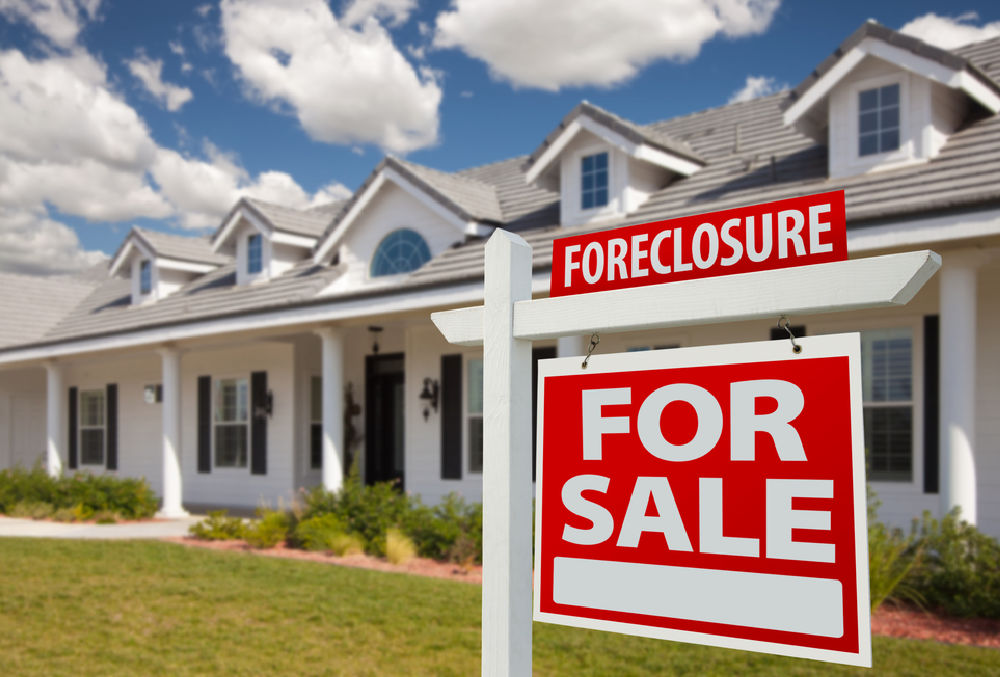Declaring bankruptcy can be incredibly daunting, but sometimes it’s the best option for moving forward to financial freedom. This is especially the case if you’re behind on your mortgage payments. Although sometimes borrowers can receive a forbearance or work out a repayment plan with their lenders, many are unable to reach this agreement, meaning they’re at risk of losing their homes.
If you’re at risk of losing your home, Chapter 13 bankruptcy could be your best option. When you’re going through the process of filing Chapter 13, foreclosure cannot occur because you’re granted an automatic stay, meaning that lenders cannot pursue your debts and recover collateral, including your home.
If you’re considering filing for Chapter 13 bankruptcy, it’s important to know how it differs from Chapter 7, how long it can delay the foreclosure of your home, and what happens when you fail to fulfill your Chapter 13 repayment plan.
Even with the helpful resources on our site and other sites, filing for bankruptcy can be incredibly confusing. We suggest contacting a Chapter 13 bankruptcy attorney today to untangle the complexities of filing and answer all of your Chapter 13 bankruptcy foreclosure questions.
What Is Chapter 13 Bankruptcy?
You’ve likely heard about Chapter 7 and Chapter 13 bankruptcy — as they are the most common types and are available to individuals — but how do they differ? Chapter 7 bankruptcy liquidates your assets in order to discharge unsecured debts, such as medical bills and credit card debt. Although this may sound like you’ll lose everything, most filers do not lose any of their assets because of exemptions. If you’re eligible to file under Chapter 7 and only have unsecured debts, this may be your best course of action.
Unlike Chapter 7 bankruptcy, Chapter 13 packages your different forms of debt into a single repayment plan. When filing, the bankruptcy court assigns a trustee to observe the filer’s progress. The reason why this option is appealing is that it combines both unsecured and secured debts, such as a home loan, into a single repayment plan.
A secured debt means that the borrower has collateral on the debt, such as a car lease. If you fail to make your payments, the lender can recover the collateral.
If you are behind in vehicle or home payments, Chapter 13 bankruptcy will likely be a better option for you than Chapter 7. Although it won’t necessarily wipe out your mortgage debt, Chapter 13 can make the debt more manageable. Like with filing under Chapter 7, Chapter 13 discharges your unsecured debts upon completion, so you’ll likely have an easier time tackling the rest of your mortgage or car payments after filing.
Can I Stop Foreclosure with Chapter 13 Bankruptcy?
If you’re wondering, “How long will Chapter 13 delay foreclosure?” you’re not alone. This is a common question we receive, and here’s the answer:
As long as you don’t fall behind on your payments within your repayment plan, you can suspend your home’s foreclosure indefinitely. Filing for Chapter 13 bankruptcy puts an automatic stay on your home, so lenders must wait until courts remove the automatic stay or dismiss your case.
One important note is that your lender can foreclose on your home after you complete the bankruptcy process. The Chapter 13 repayment plans should include your mortgage payments, but completing the payment plan doesn’t mean that you’ve paid back everything you owe on your home.
Fortunately, with Chapter 13 foreclosure deferment, you might be able to continue paying your mortgage on an adjusted plan, but this falls outside the scope of filing for bankruptcy, so you’ll need to work that out with your lender.
What If I Default On My Chapter 13 Payments?
You run the risk of losing your home if you fail to keep up with your repayment plan. Chapter 13 bankruptcy doesn’t discharge your mortgage debt, so anything that you don’t pay back within your repayment plan you’ll still owe if you default.
If you fail to fulfill your repayment plan when filing for Chapter 13 bankruptcy, foreclosure on your home will likely occur. The lender will receive permission to foreclose on your home because the court will declare a default judgment against you.
If you run the risk of defaulting on your repayment plan, you need to communicate with your court-appointed trustee. You may be able to defer payments or temporarily suspend them.
Contact an Indiana Chapter 13 Bankruptcy Attorney
Navigating the complex world of declaring bankruptcy is hard, but you don’t need to go through it alone. A seasoned bankruptcy attorney can represent you and assist in getting your financial situation back on track.
For Chapter 13 bankruptcy attorneys in Indianapolis, contact the attorneys at Sawin & Shea, LLC. We also serve the people of Avon, Brownsburg, Carmel, Greenwood, Fishers, Noblesville, Westfield, and Zionsville. So if you’re wondering how long will Chapter 13 delay foreclosure, or have any other bankruptcy questions, we have the answers. If you’re ready to get on the path to becoming debt free, call us at 317-759-1483, or you can schedule a FREE consultation here.



